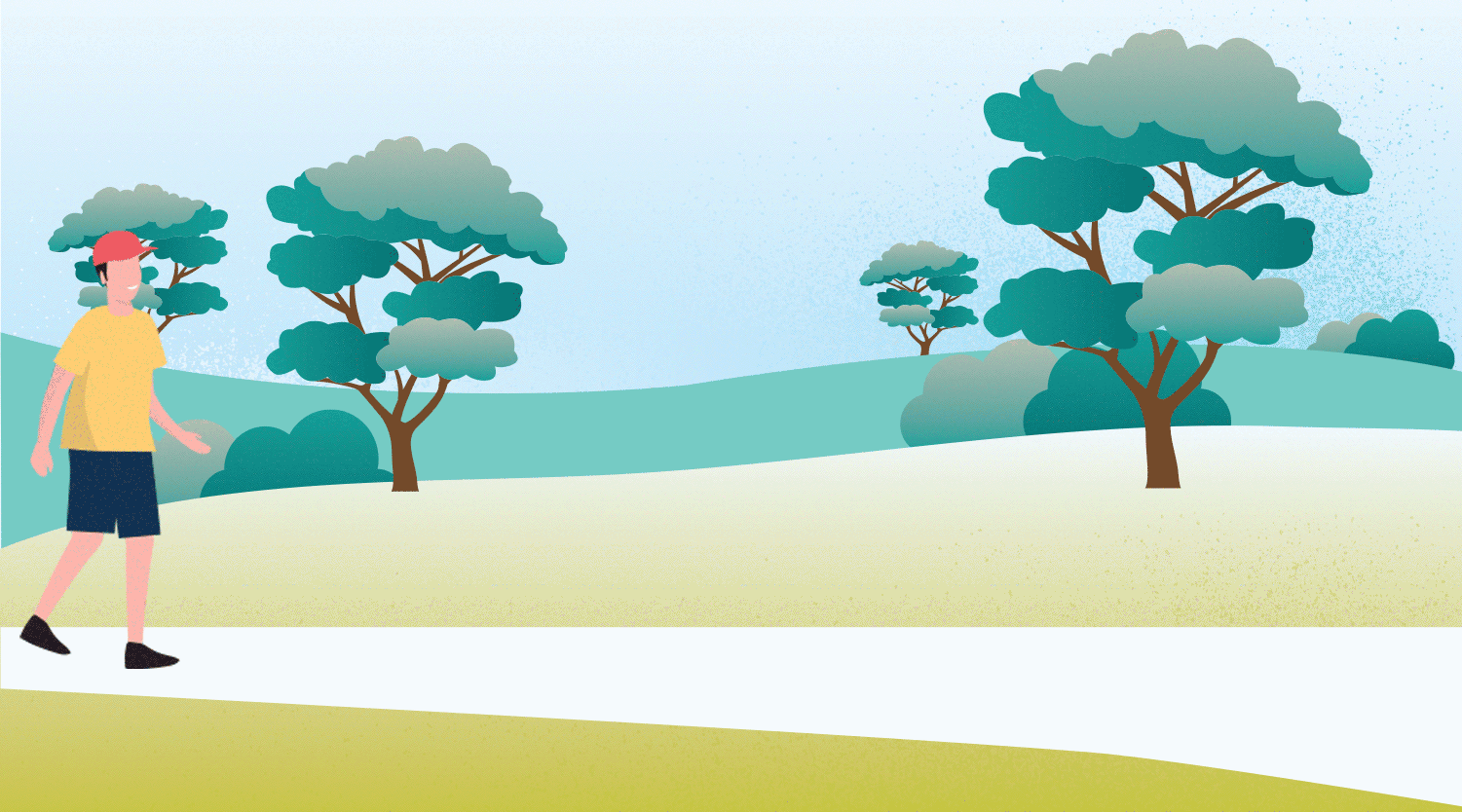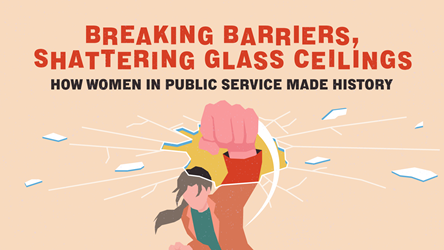Manage Your Stress: Three Ways To Find Respite From A Busy Life

A friend who has been a teacher for 10 years recently became an adjunct teacher, taking on a reduced workload. As she is only in her 30s, her move is considered unusual. Before this change, she was often so stressed by work that her health had been affected in many ways.
My friend is not the only public officer who has confided about a heavy workload that often requires them to work overtime. Her words made me reflect on Singapore’s work culture, and whether we in the Public Service have sufficient tools to cope with the pressure.
The following are three free ways to find respite from a busy life.

1. Take a Walk in a Park
One advantage of living in Singapore is that most homes and offices have a park within walking distance. Being in nature is one of the easiest ways to calm down or reset. It sounds so easy that people often do not think of it as a way to destress.
When I need a break, I leave my handphone at home and take a short walk in a park. During this reprieve, I rest my tired eyes by looking at the plants and animals, while listening to the flowing streams and chirps of the crickets and birds. Sometimes, I take off my slippers, and walk barefooted on the ground or grass.
The experience of walking in nature and paying attention to the sensations you feel and the soundscapes surrounding you is known to improve health, mood and cognitive performance. You will be surprised by the gain in creativity and clarity when you return to your desk after a short time in nature.

2. Breathe Your Way to Wellness
Another way to regain composure and wellness during a stressful time is through breathing techniques. Breathing techniques counter the tendency to hold our breath or breathe shallowly and rapidly when we are under stress.
One technique is belly breathing. Begin by inhaling deeply and observe the rise of your belly – and as you exhale, observe it falling. Keep observing your belly’s rise and fall for five minutes. Belly breathing has been shown to improve cognitive performance and reduce perceptions of stress.

Another technique is square breathing. First, take four seconds to inhale, hold your breath for four seconds, and then take four seconds to exhale, and then hold your breath again for four seconds. Keep repeating this breathing pattern for five minutes.
3. Take a Refreshing Dip in Water
Lastly, water is another way you can refresh yourself. Did you know that Singapore has a hot spring? The Sembawang Hot Spring was revamped into a public park in 2020. Every hour, especially in the mornings and evenings, people of all ages come to dip their feet in the mineral-laden hot water.

Many people believe that immersing your feet in a tub of warm water can relax your muscles, hydrate your skin, and relieve aches and pains. Thankfully, this is something you can do for yourself at home with a pail of warm water scented with essential oils.
Another way to get instant refreshment is to take a cold shower. It may sound scary, but the trick is to not think about it, and just do it. Cold showers have been reported to increase perceived energy levels, similar to that of taking a cup of coffee!

Know Yourself
Underlying these activities is the need to develop an awareness of your mental and physical states. When you can identify discomforts within yourself early and act to relieve them, you can prevent them from escalating further into pain.
Over time, you may develop a sensitivity to your needs and an increased capacity to meet them. But should you ever feel that your stress levels are beyond your capability to cope, do not hesitate to also seek the guidance of professionals.

To get more stories like this, subscribe to the Challenge Telegram channel.
- POSTED ON
Apr 28, 2021
- TEXT BY
Shuyi Chua
- ILLUSTRATION BY
mushroomhead









